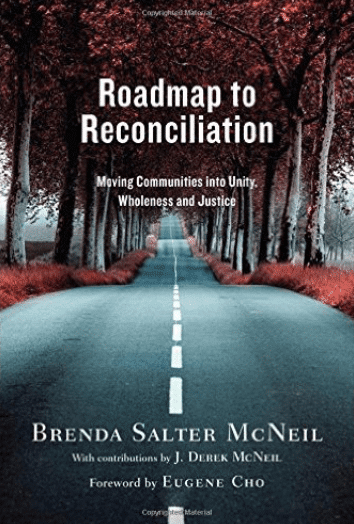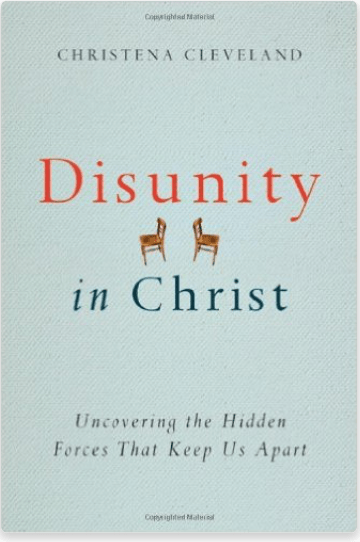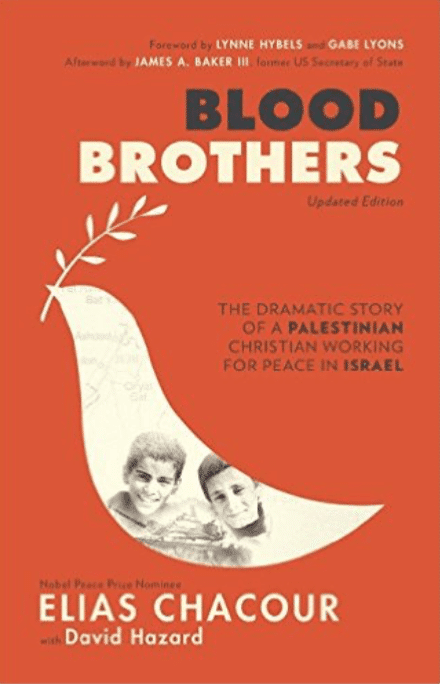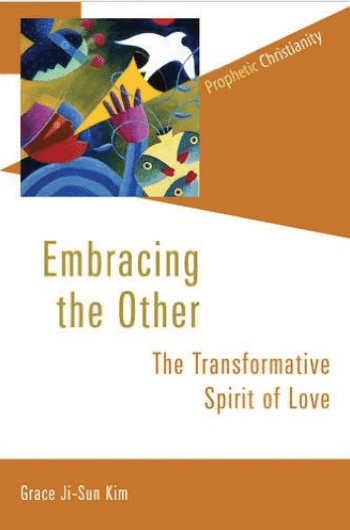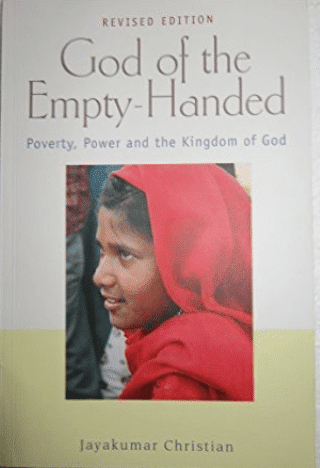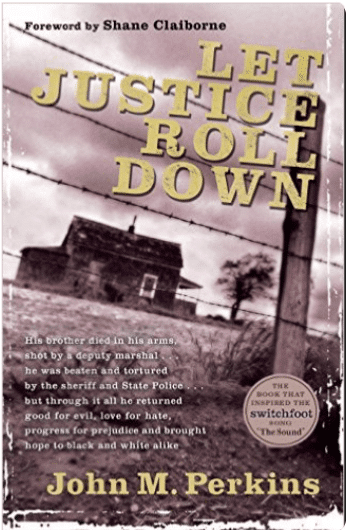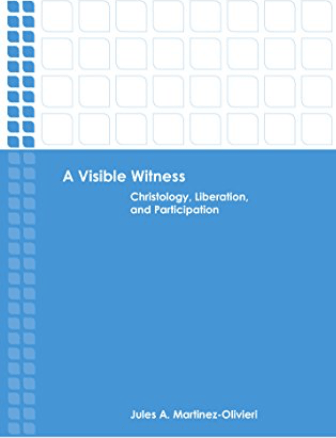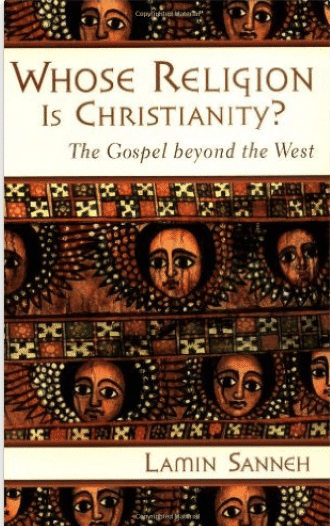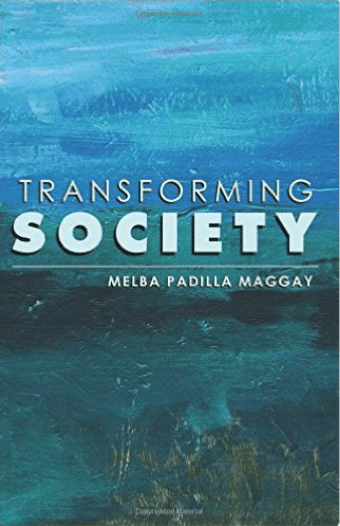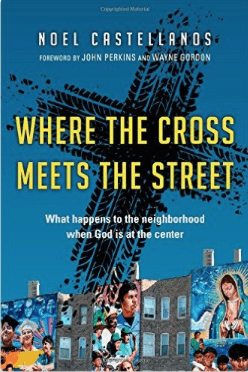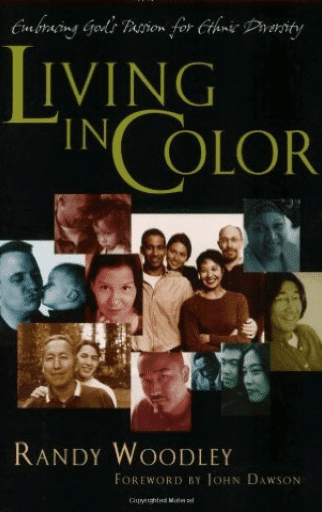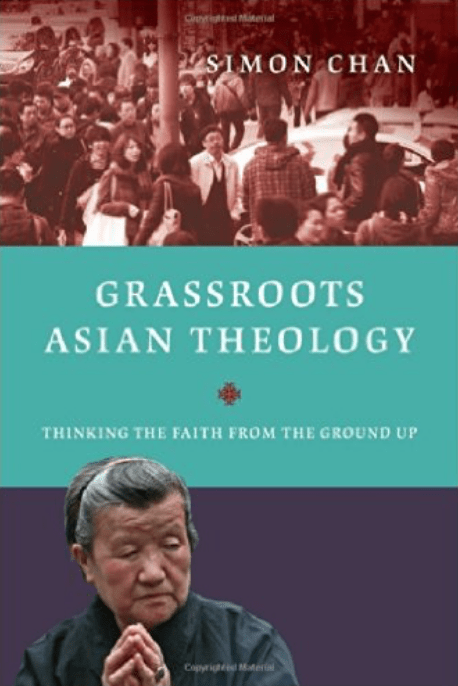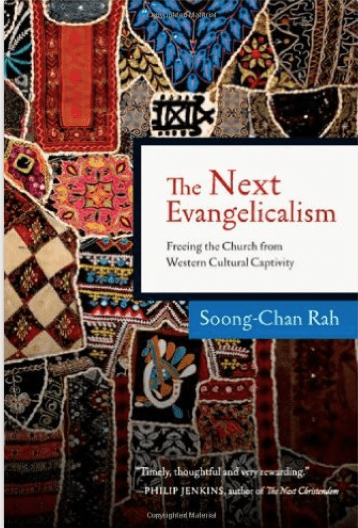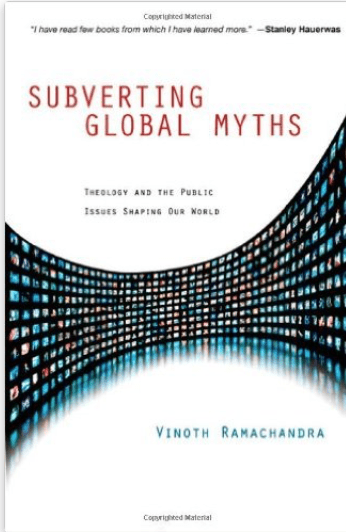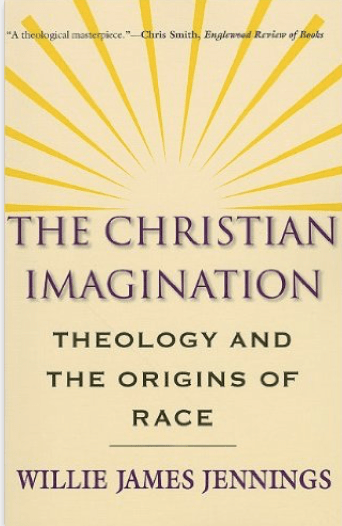15 Majority World books that will change the way you see the world in 2017
I love reading through them and seeing what others recommend!
One of the best things you can do for yourself in 2017 is resolve to read more books!
A great book can change the way you see the world, and even change the course of your life.
Here are 15 books I recommend you read in 2017. I chose them using 3 criteria:
1. They affected me greatly this year, and some even changed the way I see the world. I’m not concerned about when they were published. I’m choosing them because I read them this year. And I’m choosing them because they had a powerful impact on me this year, and on the way I see Christian faith and the world.
2. They are high quality books. And they excel in integrating theology, cultural insight, missional reflection, and ministry practice. They help us engage the critical issues facing churches, religions, cultures, politics, and societies today.
3. They are all written by Majority World, Indigenous, African-American, and diaspora Christians. (See my definitions of these groups at the end of the blog). Most book lists I’ve seen are filled with books written by Western writers. They often offer great books, but they reveal a white-European-centricity and a white-American-centricity. This list is different. It focuses entirely on books written by Majority World, Indigenous, African-American, and diaspora Christians.
This is an annual list dedicated to life-changing books by Majority World, Indigenous, minority, African-American, and diaspora authors.
[bctt tweet=”15 Majority World books that will change the way you see the world in 2017. #books” username=”GrahamJGHill”]
15 Books That’ll Change the Way You See the World
Do yourself a favor. Try to read some or even all of these books in 2017. There are 15 here, so that’s just over one a month. These books will change the way you see the world.
A roadmap to justice, reconciliation, and equality, and practicing holistic evangelism that crosses boundaries of gender, race, and social lines. Brenda Salter McNeil says: “It’s time for the followers of Jesus to embark on the prophetic journey that leads to reconciliation and transformation around the world. Many of us may already be aware of the need for reconciliation in our own backyards. . . . We cannot ignore the plight of the people around us and as globalization continues its relentless march onward, we cannot turn a blind eye to the world at large either. We have to face the realities here at home and we must also embrace the stories of people all around the world.”
Christians too often cluster in theological groups, gender groups, age groups, ethnic groups, educational and economic groups. Christena Cleveland uncovers the theological, gender, age, ethnic, educational, and economic forces that cause disunity. Mission and community requires a different kind of faith.
How do we understand the Israeli-Palestinian conflict? A powerful story of love, forgiveness, reconciliation, peacemaking, and hope. We need to listen to the stories coming out of Israel and Palestine – to hear the stories of suffering, displacement, violence, incarceration, conflict, and hatred, and also the stories of hope, forgiveness, reconciliation, respect, dialogue, peacemaking, and love – stories of old enemies becoming neighbors, partners, and even friends. We need to truly listen to these stories, and to see how so many suffer yet strive for peace, friendship, and reconciliation – including Christians who live in both Israel and in Palestine. If we truly spent time listening to the stories of Israelis, and listening to the stories of Palestinians (including Palestinian Christians), I think our conversations and hopes and attitudes would change as a consequence. This book is a great introduction to the issues.
Grace Ji-Sun Kim. Embracing the Other: The Transformative Spirit of Love. Eerdmans, 2015.
It seems like gender, racial, and political conflict and division is increasing. Grace Ji-Sun Kim calls us to listen to Asian, indigenous, and womanist Christianity, as we work toward healing, reconciliation, and justice for all people, regardless of race or gender. This is an innovative Asian perspective on God’s Spirit. It invites us to embrace the “other,” as the Spirit restores shalom in the world.
Jayakumar Christian writes on development, justice, mission, economics, politics, and child development. In order to provide sustainable solutions to powerlessness, poverty and oppression, it is critical to challenge and redefine power from the perspective of the kingdom of God. Only when we realise that we are all “empty-handed” before God can broken relationships be restored.
John M. Perkins. Let Justice Roll Down. Baker Books, 2012.
A gripping story of a struggle against racism, oppression, and injustice, and expressing mission through justice, peace, compassion, vision, and hope. John M. Perkins was a contemporary of Martin Luther King Jr. As a leading civil rights activist, Perkins has experienced the cost of discipleship—jailings, beatings, poverty, discrimination, torture, and more. But his life and message compel us to embrace forgiveness and and peacemaking and reconciliation.
A remarkable work of theology, which shows how the church participates in God’s communicative activity via union with Christ—the community of disciples becomes a theater of liberation. Drawing on the best of Latin American theology, and offering striking new insights, the books opens us up to the rich theological work being done by Latin American theologian-practitioners.
Lamin Sanneh. Whose Religion is Christianity?: The Gospel Beyond the West. Eerdmans, 2003.
Lamin Sanneh has particular focus on the relationship between Islam and Christianity and secularity. Christianity is now a global faith. The West does not own the gospel, and the future of the tradition lies in its “world” character. Lamin Sanneh says, “We in the West are a confident and articulate people, and theology has served us well as a vehicle of our aspirations, desires, and goals. There is no shortage of theological books on all sorts of imaginable subjects, with how-to-do manuals instructing us about effective ministry, about how to fix our emotions, how to affirm our individual identity and promote our choices and preferences, about how to change society by political action, how to raise funds and build bigger churches, about investing in strategic coalitions, etc. All this language leaves us little time or space to listen to God with the chance that God may have something, and even something else to say to us, especially if that something else challenges what we want to hear. On the matter of the cultural captivity of the Gospel in the West, the renewal of World Christianity may have lessons to teach us all.”
Melba Padilla Maggay. Transforming Society. Wipf and Stock, 2011.
Melba Padilla Maggay writes about how the church can transform society. The church’s mission is deeply connected with social justice, kingdom theology, political engagement, and transforming society. She draws on her experiences in the Philippines during the rise and fall of the Marcos regime. She offers case studies that show how churches can bring the transforming principles of God’s kingdom into the life of their communities.
Noel Castellanos challanges us to embrace a gospel that proclaims Christ, forms disciples, demonstrates compassion, confronts injustice, and restores individuals. We need to recover the gospel’s full implications for the world, as we serve among the poor and displaced and other marginalized people.
Randy S. Woodley. Living in Color: Embracing God’s Passion for Ethnic Diversity. IVP Books, 2004.
Randy Woodley writes about indigenous cultures, the Native American “Harmony Way”, sustainability, eco-justice, microeconomics, leadership, missiology, reconciliation, societal justice, and contextual theology. Randy Woodley is Keetowah Cherokee. He casts a multiethnic vision for people of every nation and tribe and language and people.
Simon Chan. Grassroots Asian Theology: Thinking the Faith from the Ground Up. IVP Academic, 2014.
Simon Chan introduces us to the rich, dynamic, contextual, grassroots theology developing in Asia. Western theology hasn’t always served Asia well. It’s either adopted uncritically, or rejected as foreign, or it deals with issues that don’t really matter to Asian cultures. Simon Chan teaches in Singapore, and shows how Asians are “thinking the faith from the ground up.” Asian grassroots theology deals with issues rarely considered in Western theology. And it engages—in robust, theological, and practical ways—with such issues as ancestor veneration, spiritual phenomena, sexual exploitation, inter-faith relations, family systems, and more. Asian societies are rising on the global stage—economically, politically, and culturally. Now, Asian theology is also rising on the world stage, engaging church, mission, ministry, ethics, politics, and culture in fresh and thrilling ways.
Soong-Chan Rah calls the North American church to escape its captivity to Western cultural trappings and to embrace a new evangelicalism that is diverse and multiethnic. He shows us how immigration and cultural diversity are transforming church and society. He calls the church to truly be the “new humanity in Christ,” made up of every language, ethnicity, and people group. The church must break free from its white, Western cultural captivity.
Vinoth Ramachandra helps us engage the myths that surround terrorism, religious violence, human rights, multiculturalism, science, and postcolonialism. He shows us how faith relates to the public issues shaping our world. He offers fresh approaches to religious, ethical, political, social, racial, and other discourse in the public square.
This book, “presents a bold critique of the relationship between theology and race, and imagines a truly cosmopolitan citizenship that transcends geopolitical, nationalist, ethnic, and racial boundaries. Willie James Jennings charts new ways of imagining ourselves, our communities, and the landscapes we inhabit.” This book challenged so much of my understanding about the historical formation, and contemporary problems, in many approaches to theology, identity, nationhood, politics, race, land, place, creation, discipleship, and community. In an era where Christian and other identities seem so enmeshed with race, gender, politics, nationalism, and material goods, Jennings’ book is both a historical study of how we ended up in this place, and a contemporary challenge to imagine a different reality. Jennings shows how the Christian social imagination is often diseased and disfigured. It’s wedded to racialized, individualistic, privatized, and rootless identities. We find ourselves in this place because of historical events. And we need to confront this situation head on and theologically, if we are going to demonstrate a compelling witness and life together in the world. Jennings offers a compelling vision of a healed and whole Christian community (and a redeemed Christian social imagination). The way Jennings builds his thesis is exquisite.
In my book GlobalChurch, I say that white, western Christians need to enter into conversation with Majority World, diaspora, and indigenous Christians. They can and will teach us much about faith, mission, discipleship, church and more. Listening to others helps us grow in our understanding and practice of mission and church and theology. For far too long, we’ve marginalized or ignored Majority World, diaspora, and indigenous voices.
Reading these 15 books is a good start!
It’s time we truly become a GlobalChurch.
Appendix: Who are Majority World, Indigenous, and diaspora Christians?
Majority World Christians
Majority World Christians are those in Africa, Asia, the Caribbean, Eastern Europe, Latin America, the Middle East, and Oceania. I use the term Majority World because the majority of the world’s population is in those cultures today. The majority of the church is in those cultures too. I don’t use the terms non-Western or Third World or Developing World. These terms use Western cultures as their point of reference. They imply Western superiority or centricity.
Indigenous Christians
Indigenous and First Nations Christians are believers from “those ethnic groups that were indigenous to a territory prior to being incorporated into a national state, and who are politically and culturally separate from the majority ethnic identity of the state that they are a part of.”[1] This includes people groups like the Australian Aborigines and American Indians.
Diaspora Christians
Diaspora groups are sometimes called immigrant or minority groups. I prefer the term diaspora, even though it’s not commonly used. These are Christians who have spread or been dispersed from their homeland. Diaspora (immigrant, minority) Christians are having a significant influence on the shape of Western and global Christianity. These include African, Hispanic, Portuguese, or Asian minorities in the USA, UK, Canada, Europe, Australia, and more.
Graham Hill
Dr Graham Hill is the Founding Director of The GlobalChurch Project – www.theglobalchurchproject.com. He’s the author of “GlobalChurch: Reshaping Our Conversations, Renewing Our Mission, Revitalizing Our Churches” (IVP, 2016), and 3 other books.
© 2016 All rights reserved.
Copying and republishing this article on other Web sites, or in any other place, without written permission is prohibited.
Want to be mentored?
Books
Don’t forget to buy Graham Hill’s books, GlobalChurch and Salt, Light, and a City (second edition).
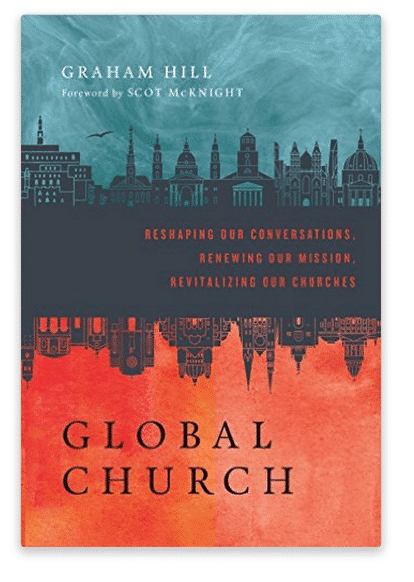

Comments: We’d love to hear your comments and reflections on this blog post!
